How marketers are navigating a possible recession (and advice about what you should do during it) [new data]
Right now, some people will absolutely, 100% say that we’re in, without a doubt, a recession. Others will say that we’re absolutely, positively not in a recession. I think those people should argue with a brick wall. Regardless of where you might personally stand, there’s a lot of ambiguity about what’s actually going on; I’m here to clear it up.
![How marketers are navigating a possible recession (and advice about what you should do during it) [new data]](https://www.hubspot.com/hubfs/image12-May-27-2025-02-18-19-8390-AM.png)
Right now, some people will absolutely, 100% say that we’re in, without a doubt, a recession. Others will say that we’re absolutely, positively not in a recession. I think those people should argue with a brick wall. Regardless of where you might personally stand, there’s a lot of ambiguity about what’s actually going on; I’m here to clear it up.

When a recession happens, typically, marketers are the first to see budget cuts, so it’s no surprise that folks (perhaps yourself included) are starting to raise eyebrows at the brands and companies that they work for about what’s to come, whether or not their roles will be impacted, and how priorities might genuinely, quickly shift.
To help you (and other marketers) recognize that these sentiments aren’t felt in isolation, the HubSpot Blog surveyed 150 marketing and advertising professionals to find out exactly how (i.e., through staffing investments, budget reductions, etc.) you’ll be impacted by a recession, how consumer behavior is changing because of financial uncertainties, and finally, in turn, what marketing strategies folks are leaning on to make marketing thrive — even despite constraints.
I’ll also offer tips and resources (with lots of perspective) to help you navigate this transitional time.
Let’s get to it.
Table of Contents:
Three Marketing Impacts Caused by Recession Concerns
1. Consumers are spending less and, predictably, exercising more caution/discretion.
Though not surprising, the biggest impact marketers are seeing is that consumers are cutting costs back due to — and you probably guessed this already — a genuine fear of what’s to come.
According to HubSpot’s 2025 survey about marketing during a recession, 42% of marketers expressed negative sentiments about consumers’ shopping habits, overall acknowledging that many customers don’t have a whole lot of disposable income at the moment. One respondent noted that this can even be seen at stages of the buyer’s journey, saying, “It’s taking longer for them [customers] to commit.”


While this number and information aren’t entirely comprehensive, they’re telling of how most customers are thinking about their spending. Additionally, both align well with data found from multiple consumer pulse surveys over the last six months, like this Consumer Confidence Survey from Conference Board.
From inflation to geopolitical uncertainty to lingering COVID-19 concerns, consumers simply have zero idea about what to expect from the future; truth be told, I don’t think we can fault them for feeling this way either. “Spending has decreased for non-essential items greatly. Sales overall are down markedly,” said another survey respondent.
Additionally, a majority (32%) of marketers expect the recession to last more than a year, while only 23% of marketers expect it to last 4 to 6 months. Whether the recession itself will be longer or shorter, one thing is undoubtedly clear: marketers know it’s here to stay.

While I don’t have a crystal ball, am not giving legal or financial expert advice (‘cause I’m not a lawyer or an ecomonist), and can’t possibly know what a full-blown recession will feel or look like at this point, it’s important to remember that recessions, unfortunately, are often unavoidable.
And if you don’t believe me, the International Monetary Fund even acknowledges this reality, noting the occurrence of 122 completed recessions in 21 advanced economies over the 1960 — 2007 period. So, if it’s any consolation, recessions happening back to back isn’t new. And neither is surviving them.
While you and I can’t prevent a recession, here’s my insight: continue leveraging credible sources, data, and experts beyond just a few publications when determining when, if, and how a modern-day one would impact your business or role. Don’t fall victim to fear-mongering headlines or gossip traveling through a grapevine about potential layoffs. It’ll only drive you crazy — trust me.
2. Marketers understand that budget reductions are part of the (recession) process.
With every recession comes, inevitably, a shift in priorities. HubSpot’s 2025 Marketing During a Recession Survey revealed that nearly half (41%) of marketers and advertising folks expressed negative sentiments about economic conditions impacting their marketing activities.
![[alt text] a hubspot-branded graphic showcasing data about how marketers feel about economic conditions impacting their marketing activities](https://53.fs1.hubspotusercontent-na1.net/hub/53/hubfs/image11-May-27-2025-01-59-33-3383-AM.jpg?width=651&height=366&name=image11-May-27-2025-01-59-33-3383-AM.jpg)
Survey respondents noted that because of the ongoing recession, they’ve recognized a reduction in fiscal spending for marketing efforts in a variety of ways; some more apparent than others.
“We’re cutting back on spending for branded messaging,” one respondent admitted. Another respondent echoed, “[I’ve noticed] a reduced ability to spend and reduced staff to produce content.”
Now, I know what you’re thinking: it seems as if brands, companies, and organizations are slashing marketing budgets because they don’t value marketing in a recession. But, honestly, I think there’s more to the story; I have a few guesses as to why they’re pivoting right now, take a look below:
- They’re cutting corners wherever possible to save dollars for other high-priority initiatives, like large-scale campaigns or ad spend.
- They’re playing it safe and focusing on/investing in channels with more measurable ROI (like video and social).
- They’re reallocating resources to meet immediate business pressures like staffing, supply chain, or operational costs.
Like I’ve already mentioned, there’s really no knowing the exact reasoning behind budget reductions in the marketing department, but just know that it’s likely not one singular answer for all teams, brands, or organizations.
3. Marketers are planning to lean on low-cost marketing efforts as the recession continues.
Lastly, HubSpot’s survey results highlighted that marketers are looking for ways to make a whole lot happen with very little when it comes to marketing efforts this year.
In fact, when asked about what marketing tactics they plan to focus on, invest in, prioritize, or lean into if the economy remains uncertain, nearly a quarter (23%) of respondents mentioned social media marketing in particular, amplifying a clear desire to utilize the power of algorithms and organic content to increas brand awareness, sales, and audience engagement.

One survey respondent amplified that “free and low-cost marketing” will be the star of the show throughout the recession. And given the fact that, as mentioned by HubSpot's 2025 State of Marketing Report, 92% of marketers plan to maintain or increase their investments in brand awareness in 2025, I don’t think that’s a half-bad idea.
Buzzy, trend-focused social media campaigns are indeed all the rage right now.
Resources and Advice for Marketing During a Recession
I won’t tell you about what to expect out of a recession wave without offering a lifeboat. Ultimately, you will prep for and adapt to recession in a way that works for you, but if you haven’t got an inkling of a plan yet and you need some expert-backed advice on what to do during this weird time, I’ve got you covered.
Below are a few productive suggestions for what you can do besides (and adjacent to) stressing about your job, job-hunting, or doom-scrolling on TikTok (‘cause same):
1. Use your free time to level up your resume with certifications and other educational opportunities.
Here’s a list of some education-specific resources you can look into:
- Extern. This platform is strictly for my undergraduate and early-career marketers. While Extern isn’t free, it does offer access to its extern opportunities through flexible, sliding-scale subscription membership (starting at $10/a month). Plus, if you’re a young, emerging marketer (like me) and you haven’t secured a full-time role or internship opportunity, Extern is a great place to start networking with other early-career marketers, building your real-world experience, and strengthening your resume.


- ilovecreatives. If you’re a marketing professional of any experience level who’s looking for a fresh take on any marketing niche, whether it be copywriting or content creation, I highly recommend researching and potentially taking an ilovecreatives course. While these courses are on the pricer side and an absolute investment, in my opinion, what you spend is incredibly worth the lifetime access to valuable information that you’ll get in exchange.


- Teachable. Want to learn more about something from someone who looks like you, has worked in the same roles as you, or shares your lived experience? I highly recommend tapping into Teachable’s library of courses for some relatable, real-world teaching on topics that are broad, niche, and somewhere in-between. Teachable is a pay-to-play platform but if you’ve got the income and time to spare, I say go for it and invest in yourself as the recession unfolds.
Pro tip: If you’re not interested in learning through Teachable, try earning through it. Teach a course, masterclass, or even sell downloadable content through the platform to make some extra coin.
2. Get to your freelancing bag!
Alright. I know you’ve likely already heard this advice, but you haven’t heard my spin on the whole “just do freelancing” thing. If you’ve written it off before, allow me to be the person who changes your mind. That said, if you’re:
- A multi-hyphenate marketer
- A marketer who’s concerned about how to make extra income during a recession
- A marketer looking for ways to expand their skillset and offerings outside of their workplace
I have one piece of advice for you as you explore ways to recession-proof your marketing career: monetize what you’re good at, and do it quickly. This could be a variety of things, but based on what I’ve seen from the marketing industry recently, I’d prioritize looking into doing freelance and/or contract work that leans into the following:
- Short-form video content creation. HubSpot’s 2025 State of Marketing Report revealed that short-form video (at 23%) will be one of the leading content formats with the highest ROI in 2025. On platforms like Instagram and TikTok specifically, it’s tricky to understand their respective algorithms, but once you do, you’re often able to monetize your video content very quickly. If you haven’t thought about trying out short-form content creation, I recommend challenging yourself to post consistently for one week on the platform of your choice and see what becomes of it. You might surprise yourself.


- Video editing. If you’re not an on-camera baddie, try being an off-camera one. As investments into video content become more popularized, I can promise this prediction: contract/freelance video editors will be more sought after. These days, brands, influencers, and big-name companies are always looking to build a repository of people who are down for the job. If you can’t take my word for it, take c, Senior Video Producer at Impact Media.


- Writing. Recently, writers of all genres and subjects have been taking to Substack, an entirely free literary platform and social networking app specifically dedicated to folks looking to share written content about niche interests, experiences, and identities. While individuals are totally monetizing their content on Substack, Beehiv’s another great option, too, especially if you’re looking to build a monetizable newsletter.
3. Strengthen your personal brand, use a multi-channel platform strategy to do it.
These days, building your personal brand solely on one online platform is, well, to put it bluntly, out. Leveraging a multi-channel content strategy for building your personal brand is 100% the way to go, especially if you’re looking to make waves in various places gradually, all at the same time.
On LinkedIn, I’ve noticed a wave of individuals hyping up how they’re growing their audiences and personal brand across platforms, not solely on one platform. I think that hopping on this bandwagon is a great opportunity to expand your reach and experiment freely.
I understand that posting on LinkedIn (or any form of social media) can be super daunting. Regardless of what people say to encourage you, there are tons of eyes on you, so it can feel vulnerable to post into “the ether” of social platforms.
However, the great thing about today’s social media landscape is that it’s vast. If LinkedIn (or Instagram … or TikTok … or X) feels too vulnerable to start with, try connecting with an audience on an app that is entirely unknown to you and your content.
Recently, folks have echoed that Threads, Bluesky, and Substack have been great platforms for people looking to connect, build a platform/following, and experiment with personal branding. Still not convinced? Here are some folks who’ve already sung praises about what pivoting away from the platforms we know and love has done for them (or other brands/businesses):




Recessions Come and Go, But Marketers Keep Creating
Before you go, I just want to make it known that your feelings about the ongoing recession, the current state of the economy (and, subsequently, the horrible job market), along with the everyday chaos of stuff (like the fluctuating price of eggs) that comes with economic volatility, are absolutely valid.
I don’t have all the words to perfectly capture how you’re feeling, but I do know that right now, everyone’s trying to make do with what they’ve got — and that includes you. So be kind to yourself, take things one step at a time, and stand firm in knowing that a lot of what’s going on is beyond your control. You’re not alone.
And hey — if all you accomplished today was refreshing your resume or just getting out of bed, that’s still a win in this economy.
Editor's note: This post was originally published in March 2023 and has been updated for comprehensiveness.

























![How To Drive More Conversions With Fewer Clicks [MozCon 2025 Speaker Series]](https://moz.com/images/blog/banners/Mozcon2025_SpeakerBlogHeader_1180x400_RebeccaJackson_London.png?auto=compress,format&fit=crop&dm=1750097440&s=282171eb79ac511caa72821d69580a6e#)

![Brand and SEO Sitting on a Tree: K-I-S-S-I-N-G [Mozcon 2025 Speaker Series]](https://moz.com/images/blog/banners/Mozcon2025_SpeakerBlogHeader_1180x400_LidiaInfante_London.png?auto=compress,format&fit=crop&dm=1749465874&s=56275e60eb1f4363767c42d318c4ef4a#)








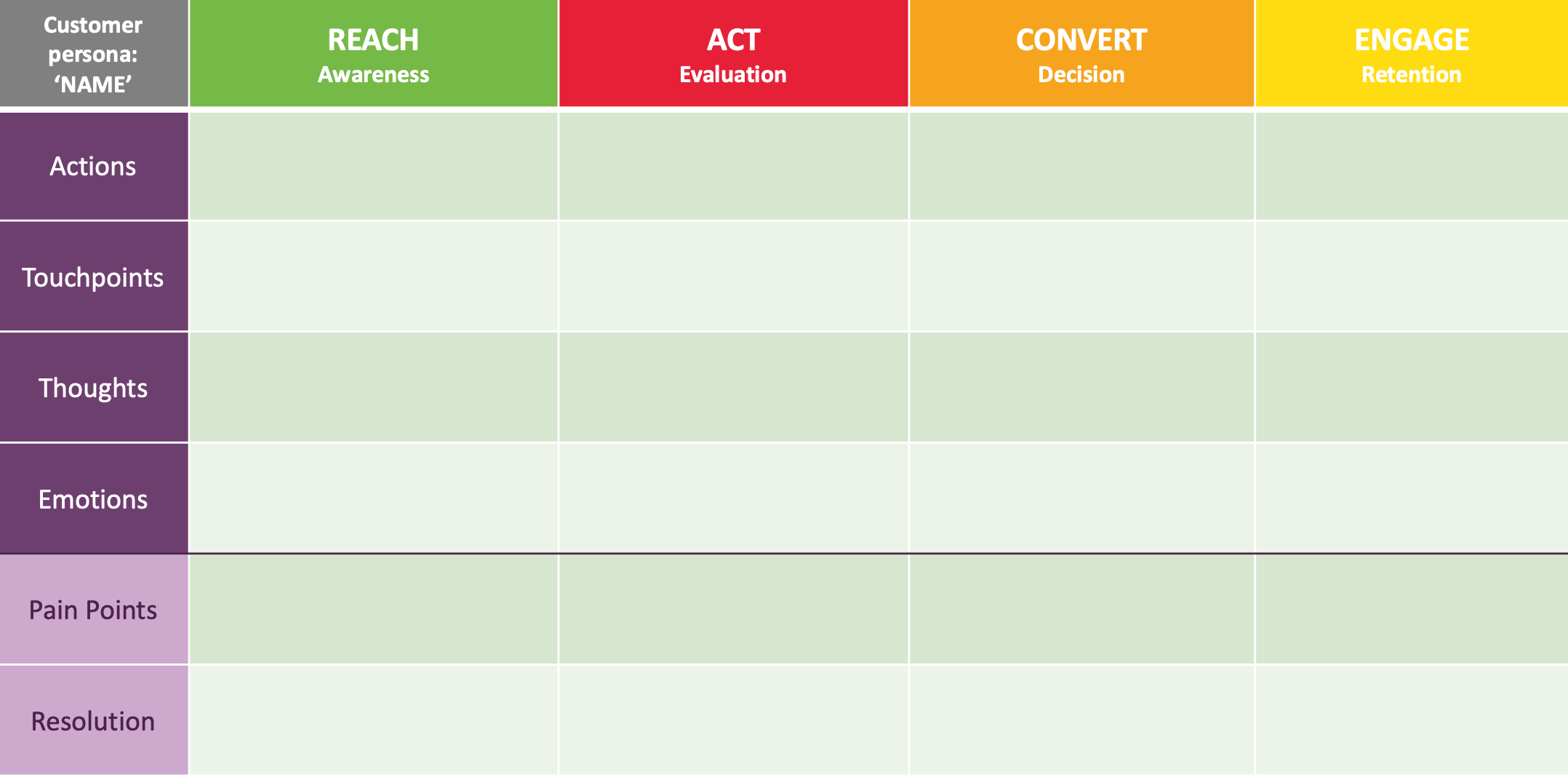















![The 11 Best Landing Page Builder Software Tools [2025]](https://www.growthmarketingpro.com/wp-content/uploads/2024/04/best-landing-page-software-hero-image-1024x618.png?#)





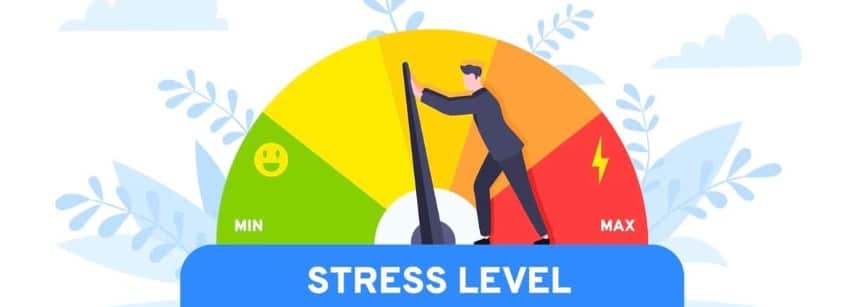





























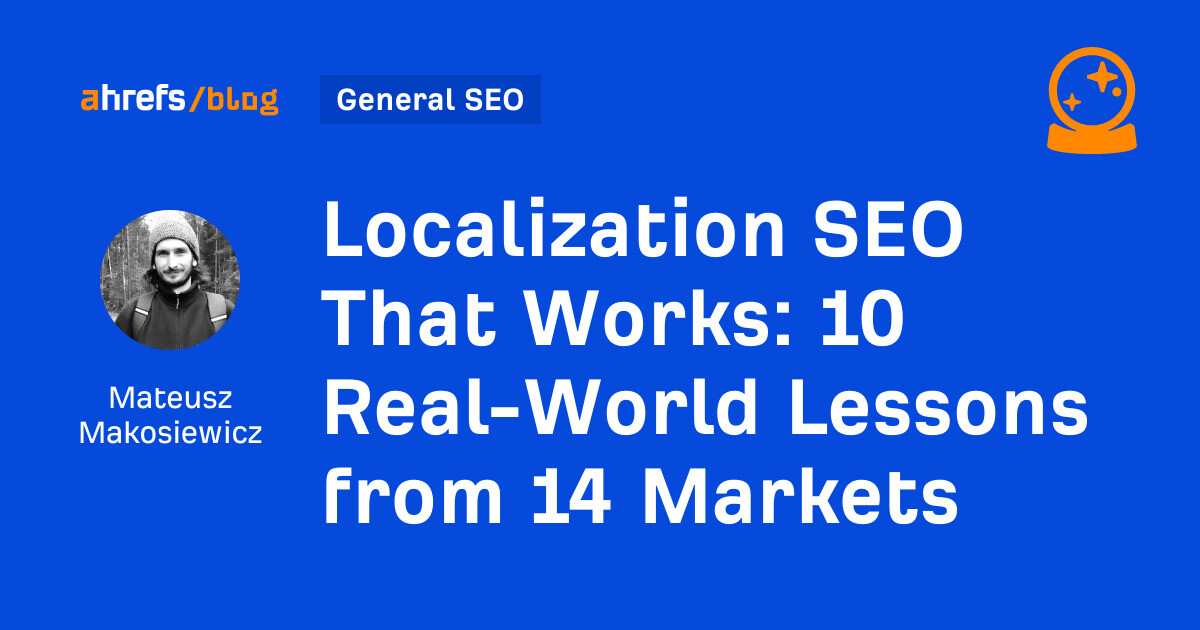


![How to Create an SEO Forecast [Free Template Included] — Whiteboard Friday](https://moz.com/images/blog/banners/WBF-SEOForecasting-Blog_Header.png?auto=compress,format&fit=crop&dm=1694010279&s=318ed1d453ed4f230e8e4b50ecee5417#)
![How To Build AI Tools To Automate Your SEO Workflows [MozCon 2025 Speaker Series]](https://moz.com/images/blog/banners/Mozcon2025_SpeakerBlogHeader_1180x400_Andrew_London-1.png?auto=compress,format&fit=crop&dm=1749642474&s=7897686f91f4e22a1f5191ea07414026#)












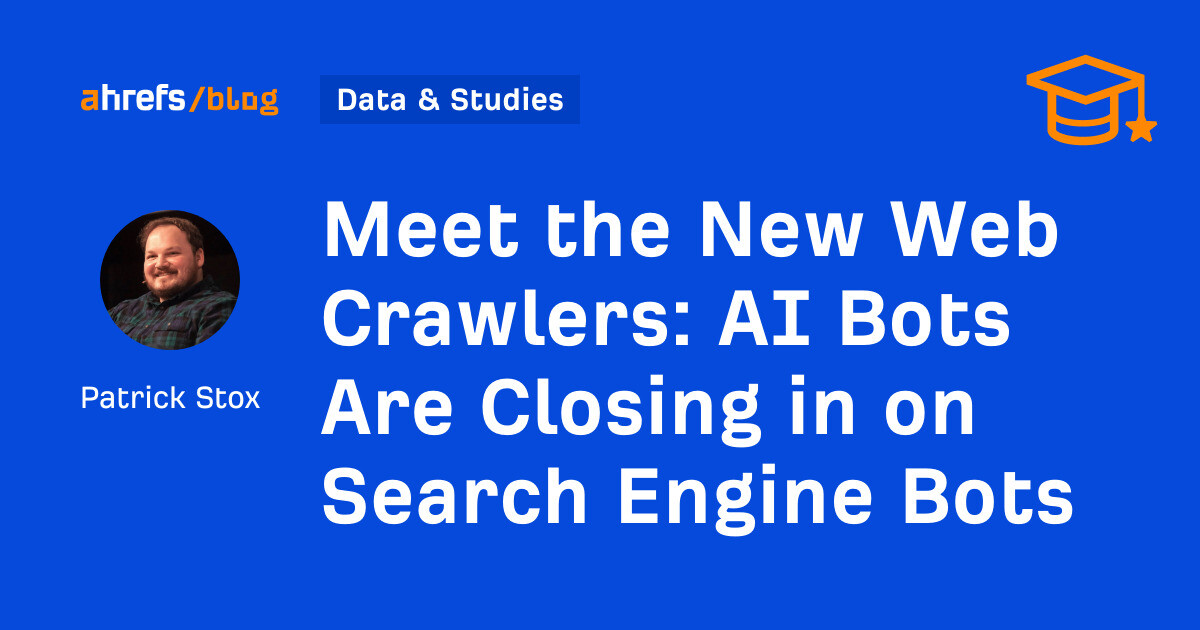













![Brand pitch guide for creators [deck and email templates]](https://blog.hootsuite.com/wp-content/uploads/2022/06/brand-pitch-template.png)


















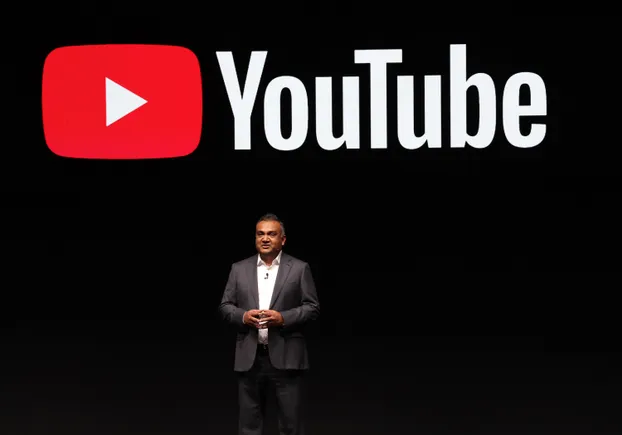
![The Largest Communities on Reddit [Infographic]](https://imgproxy.divecdn.com/vfTS-YsC_ZrqM6F4tAXJgV6qj3gCHSsf2dvHufDbrrQ/g:ce/rs:fit:770:435/Z3M6Ly9kaXZlc2l0ZS1zdG9yYWdlL2RpdmVpbWFnZS9sYXJnZXN0X3JlZGRpdF9jb21tdW5pdGllczIucG5n.webp)






![The most effective types of content on social media in 2025 [new data]](https://www.hubspot.com/hubfs/Copy%20of%20Featured%20Image%20Template%20Backgrounds%20%2816%29.png)
